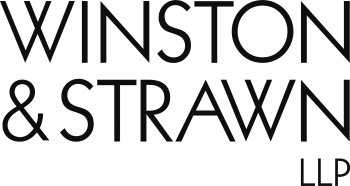The U.S. Department of Justice recently announced a settlement with the operator of the Ironman race series, World Triathlon Corp., under which the Florida-based company will forfeit more than $2.7 million in proceeds collected from individuals between 2013 and 2015.
The U.S. Department of Justice (DOJ) recently announced a settlement with the operator of the Ironman race series, World Triathlon Corp. (WTC), under which the Florida-based company will forfeit more than $2.7 million in proceeds collected from individuals between 2013 and 2015.
According to the DOJ’s complaint, WTC’s Ironman Kona Lottery has operated in various formulations since 1989 as a way to give athletes an opportunity to be selected to participate in the Ironman series’ annual world championship event in Hawaii. Individuals who failed to qualify for the championship could purchase a $50 “membership” in the Ironman “Passport Club,” which provided an increased chance of selection through the Kona Lottery. Randomly selected winners received the opportunity to buy a spot in the championship race for $850.
The DOJ alleged the WTC’s Kona program contained the elements of consideration (the “membership” fee), chance (the random selection of winners), and a prize (the opportunity to buy a spot in the championship race). Thus, although Ironman “would have been permitted to give away the opportunity to compete in the race,” the company violated the law when it “charged athletes money for the chance to win.” Under the consent agreement, WTC agreed not to contest the government’s claims that the Kona Lottery violated both Florida’s constitutional ban on lotteries and the federal law barring illegal gambling businesses.
Tip: Companies structuring a promotion in which winners are selected through a random drawing should be mindful of the elements of an illegal lottery. If the promotion includes the elements of prize, chance, and consideration, the promotion may be deemed to be in violation of federal and state laws. Importantly, even the opportunity to purchase something that is available in limited supply could be considered a valuable prize.




